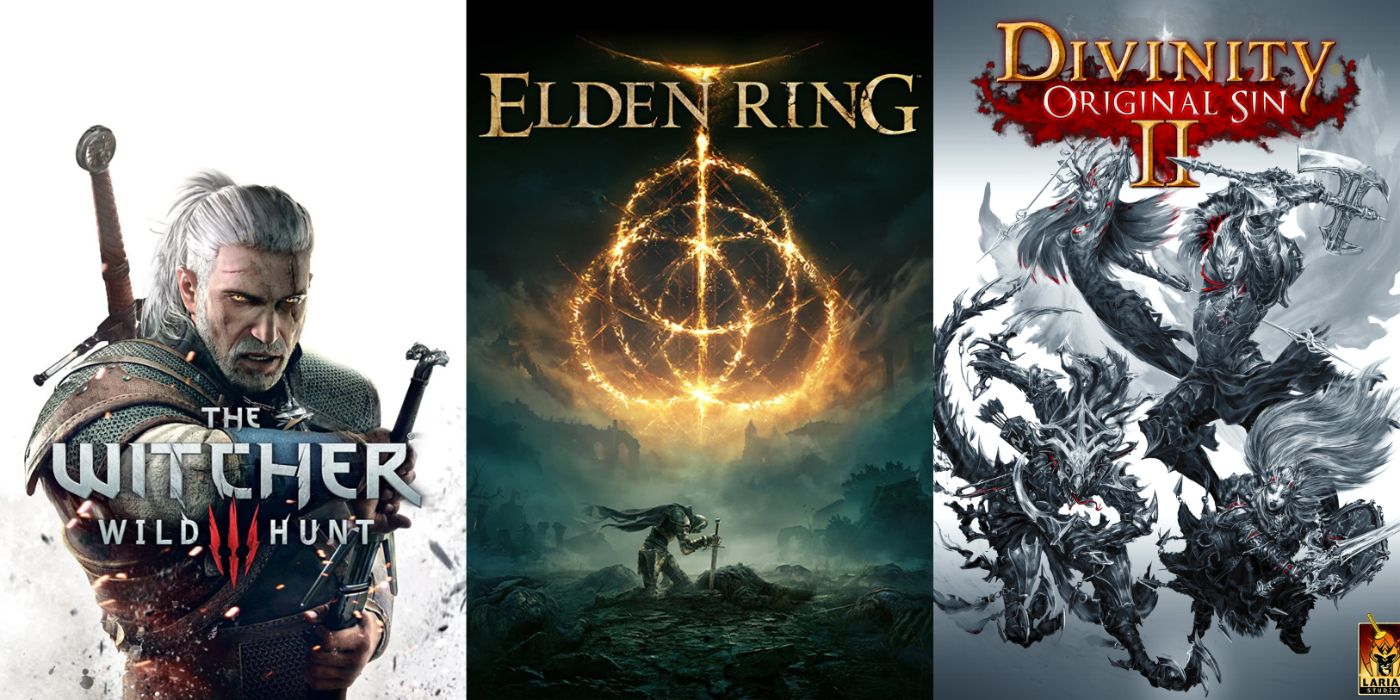Fantasy RPGs have become increasingly mainstream as gaming itself has, as the likes of Final Fantasy XVI and Diablo IV are some of the most highly-anticipated titles this year in general. Naturally, both the fantasy setting and RPG video game genre (much like sci-fi) are an excellent fit for deeply engrossing and unforgettable experiences in this medium.
So long as the story is compelling, the worldbuilding is enticing, and the gameplay is sound, players will be willingly hooked and lost in the world for dozens of hours. The Witcher 3: Wild Huntturned itself into a modern-day classic for these strengths, but last year's Elden Ringis another worthy investment.
The Elder Scrolls V: Skyrim
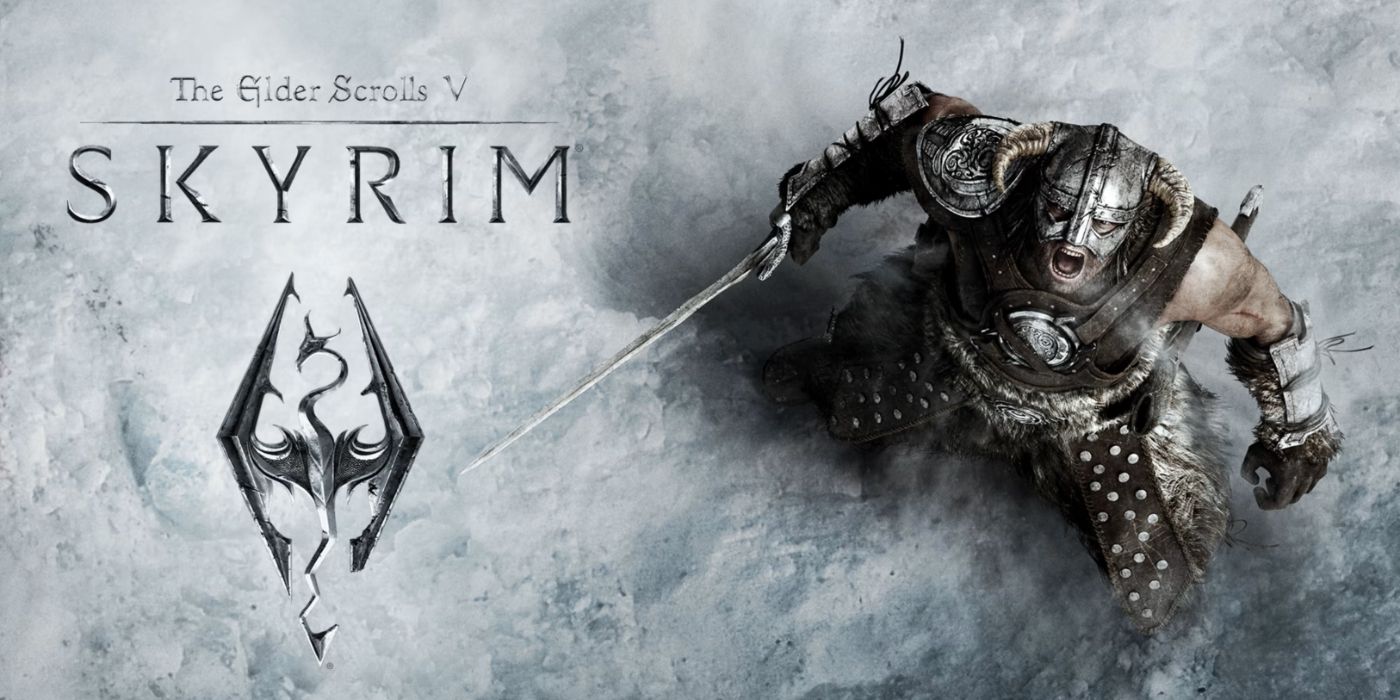
As much of a meme as Bethesda's groundbreaking open-world action RPG has become with its multiple re-releases, The Elder Scrolls V: Skyrim is the gift that keeps on giving -- even if fans are agonizing in the wait for TESVI. In 2011, the game was revolutionary in raising the standard of open-world game design, much like what Breath of the Wild and Elden Ring accomplished in more recent years.
Fans of J.R.R. Tolkien's work with The Lord of the Rings will feel right at home in this dynamically designed high fantasy land, from its myriad of spontaneous side quests, grand main questline, and substantive story expansions. Likewise, Skyrim is incredibly rewarding when it comes to allowing players to shape every facet of their Dragonborn with its level progression system.
The Witcher 3: Wild Hunt
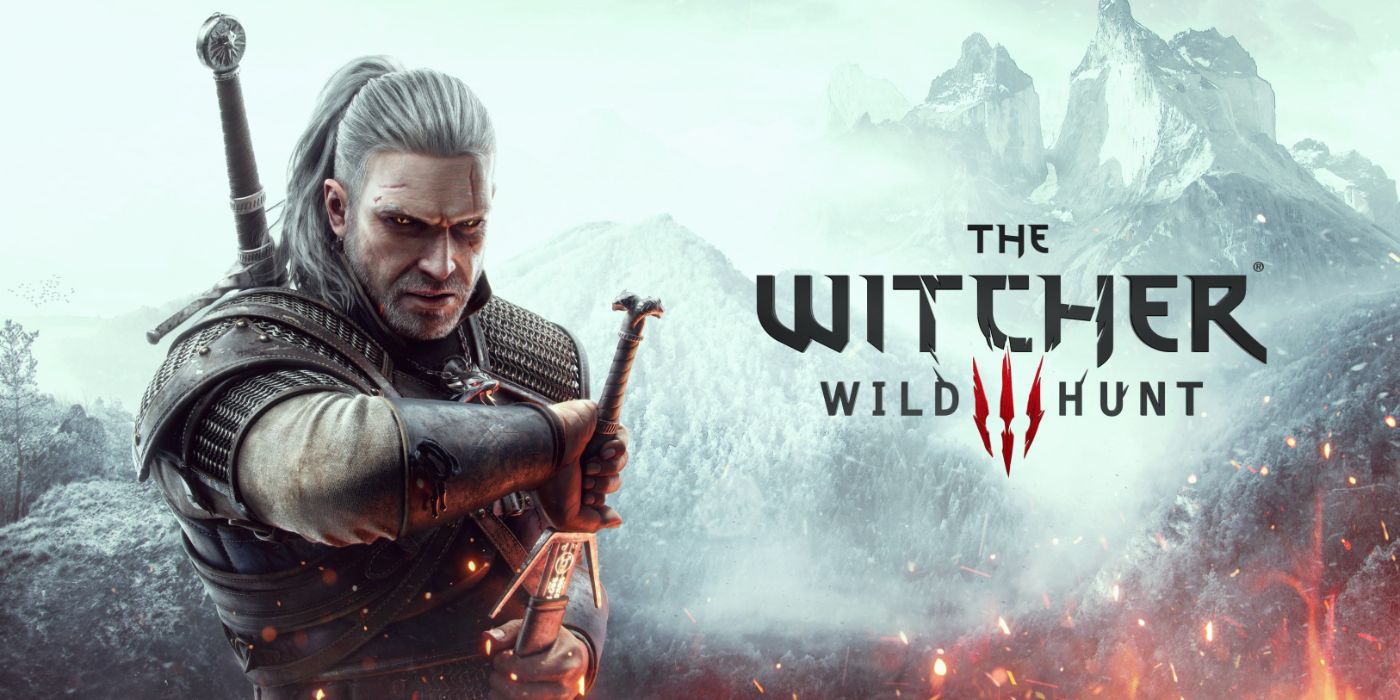
Arguably still standing as developed CD Projekt Red's crowning achievement, The Witcher 3: Wild Hunt is one of the richest open worlds in an RPG to date. In addition to having a fascinating main protagonist in Geralt of Rivia that players can rewardingly shape to their liking in terms of equipment build and personality (through dialogue choices), the world of the Continent is dense with enthralling story content from the main questline and side quests.
Pair those already incredible assets with a stunning dark-fantasy setting and two equally-acclaimed DLC expansions, and The Witcher 3: Wild Hunt cements itself as one of the finest medieval fantasy RPGs to lose oneself in.
Elden Ring
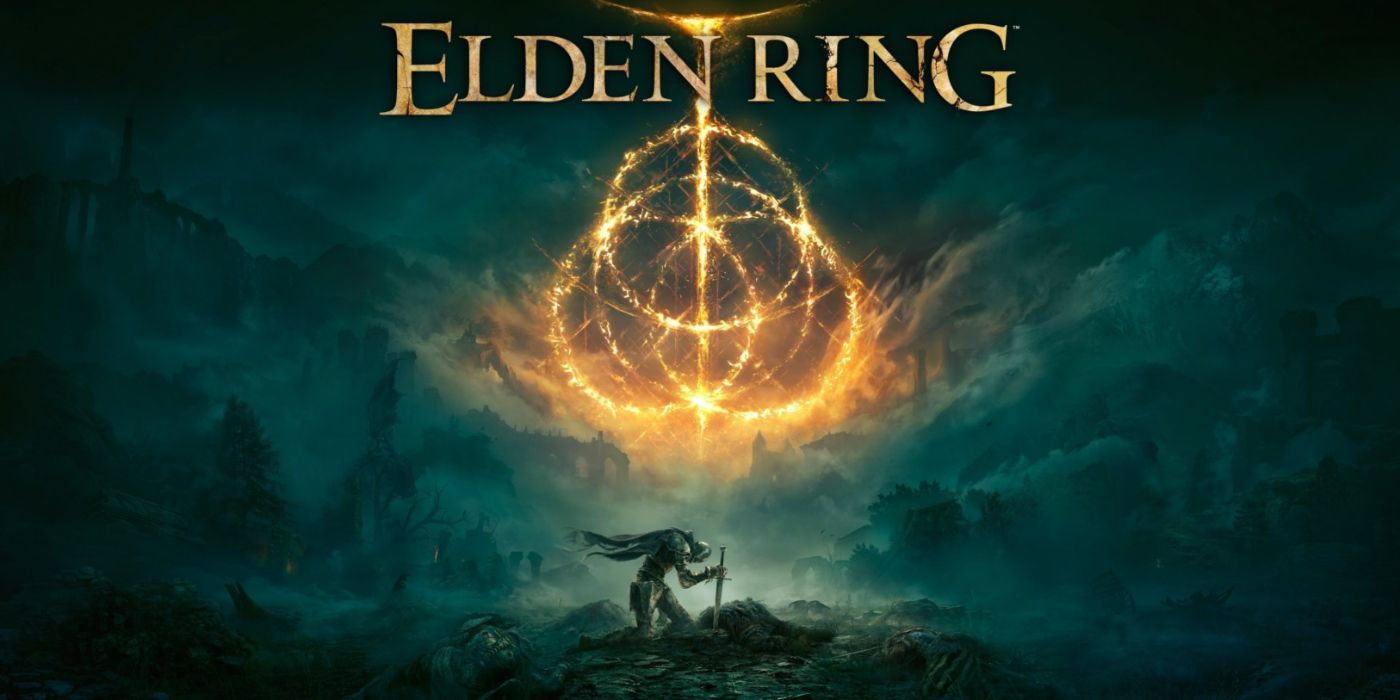
Picking up the baton passed by Skyrim and Breath of the Wild, FromSoftware's Elden Ring ushered in a new open-world revitalization. FromSoftware is known for its grim, dark-fantasy action RPGs, and is now built on a lore foundation helped by George R.R. Martin himself to successfully expand the developer's Souls-like formula onto an open-world canvas.
The game has all the deep lore, tantalizingly subtle storytelling, and pulse-pounding challenge fans would expect, but now with even more dynamic game mechanics. Class and character builds are more versatile than ever before, traversal is seamless and exciting, and there's something meaningful to discover in every direction to ensure the Tarnished is always making progress in the Lands Between.
Bloodborne
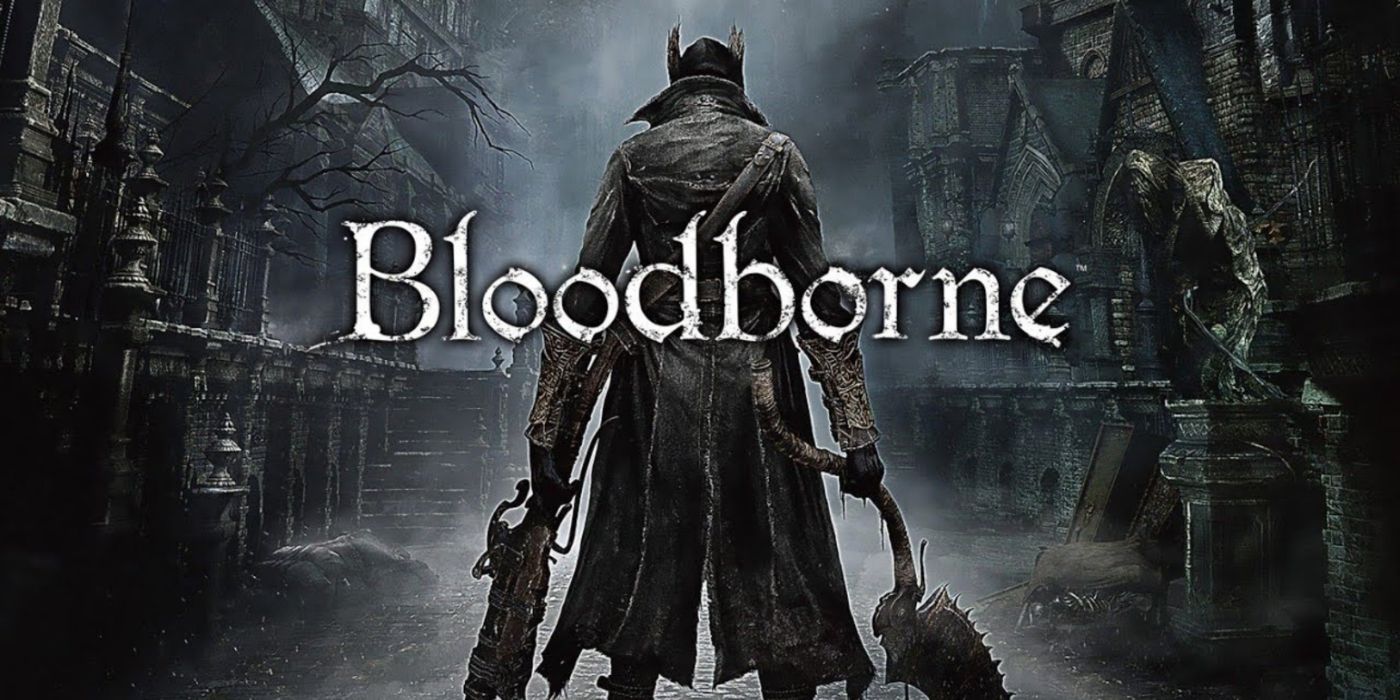
It's easy for players to feel fully immersed in many of FromSoftware's Souls-like games, but Bloodborne deserves a shout for its own merits. The game retains the dark fantasy element of Demon's Souls and Dark Souls, but it adds an enticing flavor of gothic and Lovecraftian horror.
Bloodborne is a unique experience in that regard by FromSoft standards, with the art direction masterfully adding to the foreboding sense of atmosphere. The fear factor is a great way to immerse players in survival-horror titles, and Bloodborne manages to seamlessly apply that aspect within the context of a fantasy RPG.
Divinity: Original Sin II
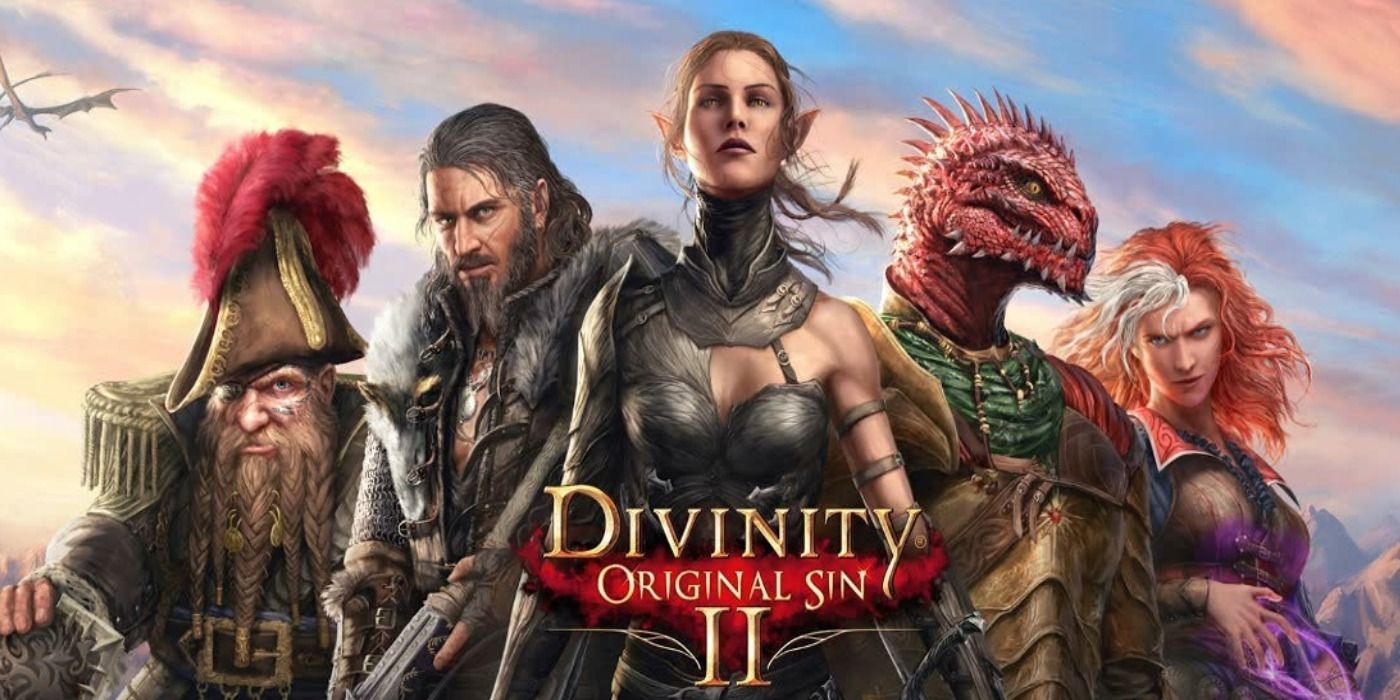
Larian Studios' is partially responsible for the classic CRPG subgenre seeing a resurgence, with the studio even helming the forthcoming and long-awaited Baldur's Gate III releasing later this year. The team's Divinity series was part of this success, with Divinity: Original Sin II proving to be widely praised.
It built upon its predecessor's strengths, being even more meticulously detailed when it came to letting the player build their character and the party that accompanied them, as well as the amazing level of variety and interactivity with the game's world, characters, and the plethora of quests. Divinity: Original Sin II captures and refreshes that classic role-playing feel, and is among the best modern isometric RPGs for it.
The Legend Of Zelda: Breath Of The Wild
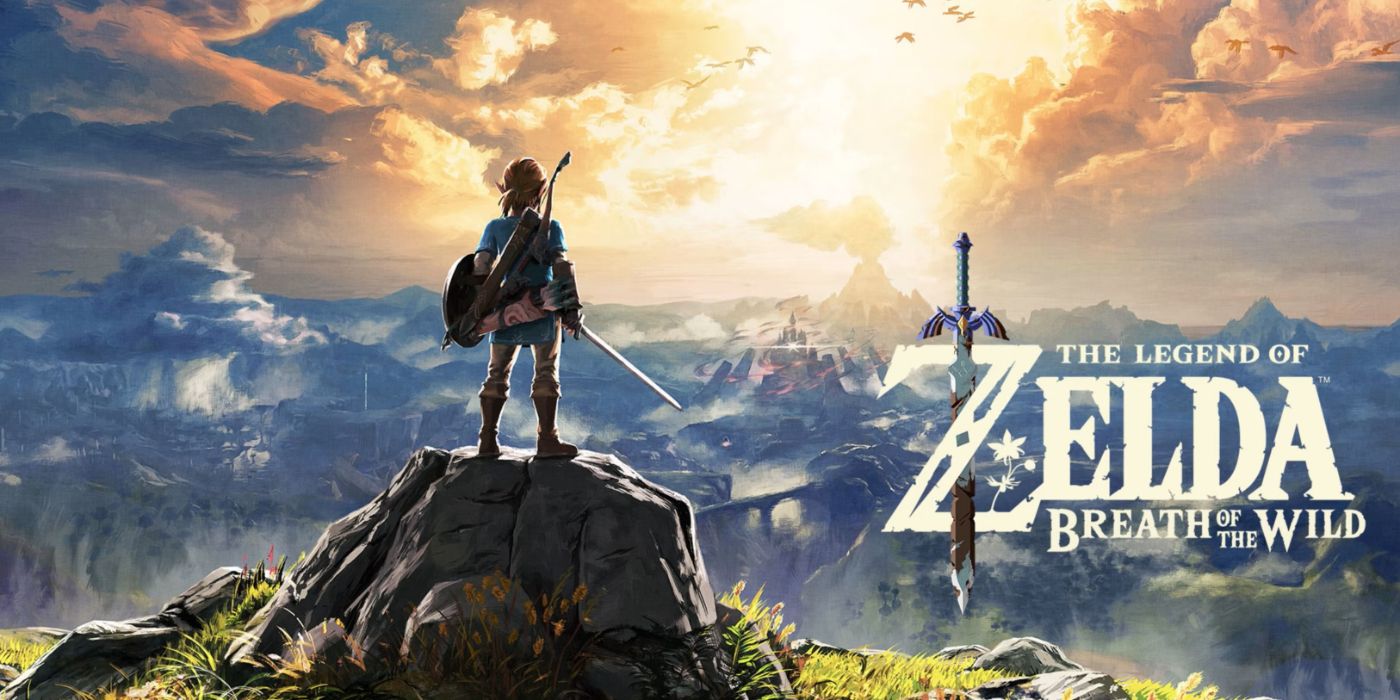
By and large, The Legend of Zelda series comprises action-adventure games with puzzle-solving elements, but 2017's Breath of the Wild makes a case for being an action RPG. The game was expectedly released to widespread critical acclaim, becoming a model for how invigorating open worlds can be when treated with detail.
Its subtitle is true to the experience, as players can easily wander across Breath of the Wild's iteration of Hyrule for hours on end with countless things to discover. The gameplay loop is exhilarating in how open-ended it is, with players given the freedom to trek along Link's journey as they see fit. And just as impressive are its dynamic climate and physics-based systems.
Pillars Of Eternity
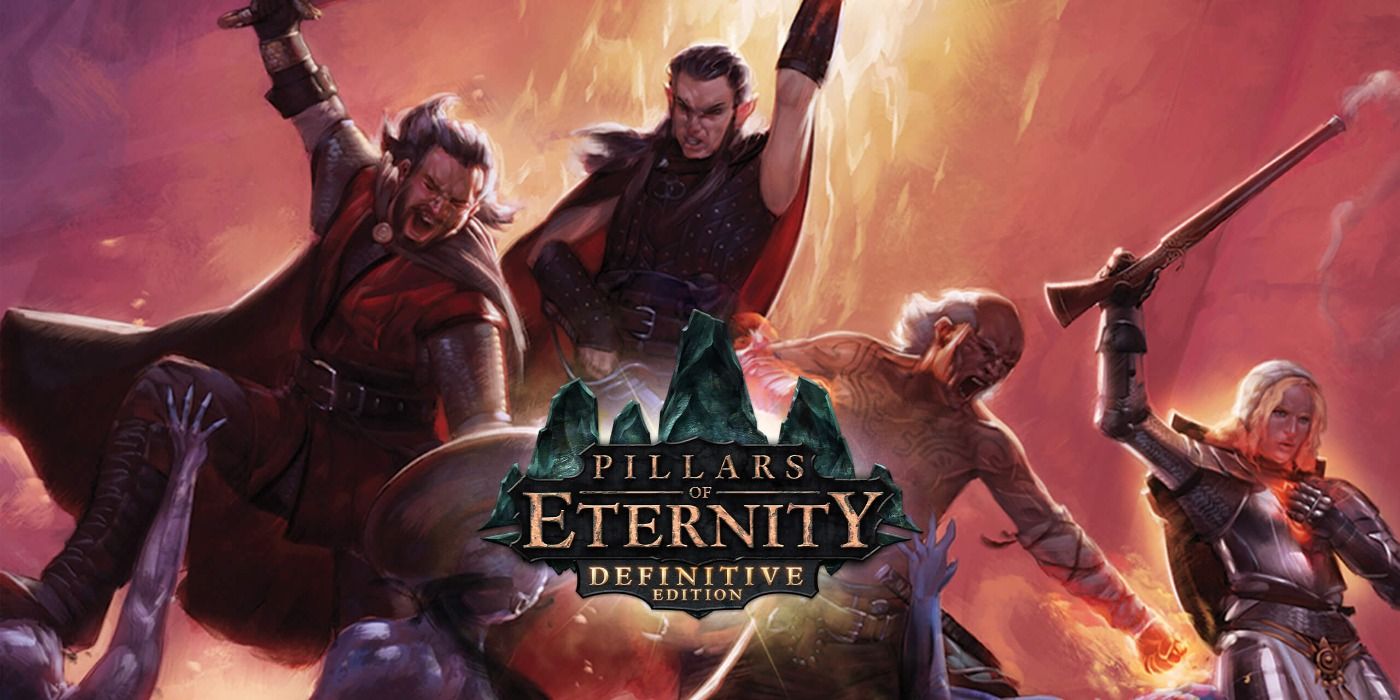
Obsidian Entertainment has done its fair share of giving the CRPG subgenre some renewed attention, with the developer already having developed goodwill among fans for its work on RPGs like Fallout: New Vegas and Star Wars: Knights of the Old Republic II. The Pillars of Eternity games are the studio's original series and have been beloved for how well they pay homage to the classic days of Baldur's Gate, Icewind Dale, Planescape: Torment, and more.
Deadfire is a creative, sea-faring spin on the high-fantasy formula, but the original game is arguably the most immersive when it comes to recapturing that era of PC gaming with a fresh coat of paint in terms of role-playing, exploration, questing, and party customization.
Star Wars: Knights Of The Old Republic
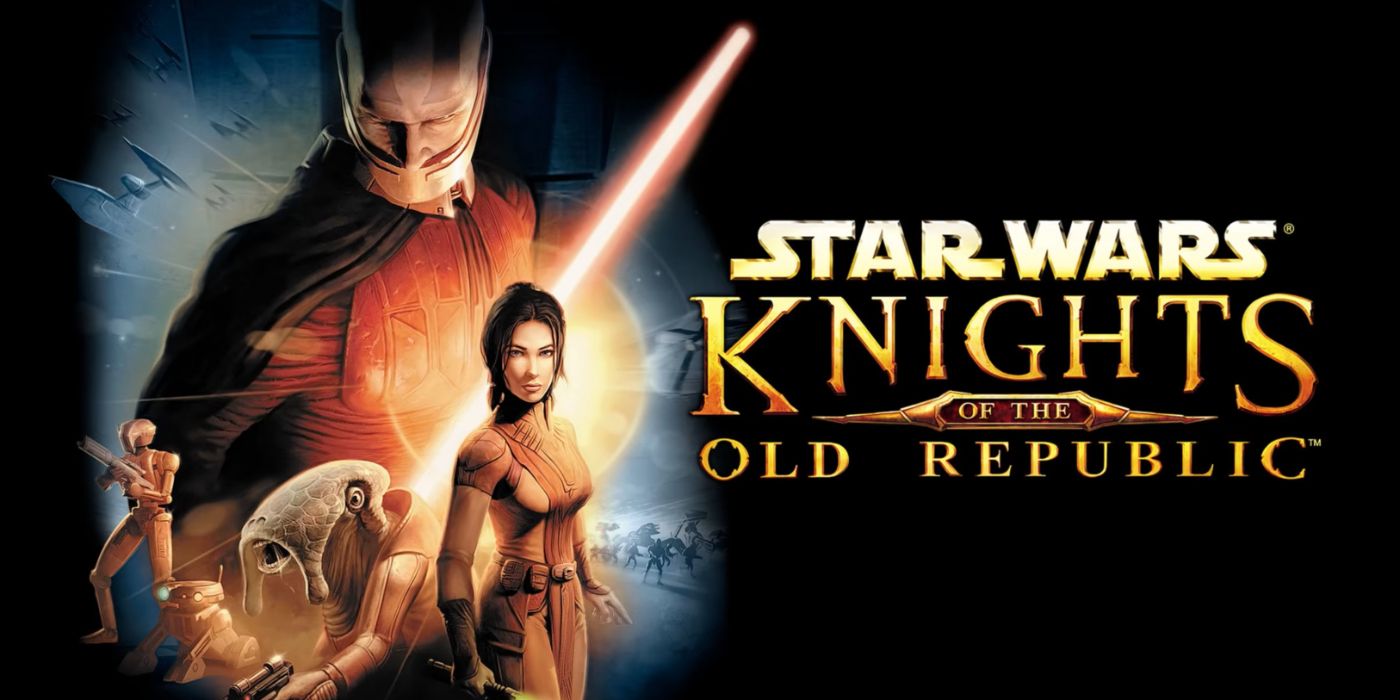
Lucasfilm's Star Wars mega-franchise is the most iconic that blends fantasy with sci-fi that, naturally, makes it ripe for a dense RPG. And BioWare, known for the aforementioned likes of Baldur's Gate, ended up developing one of the greatest games under the IP in the form of Knights of the Old Republic.
Set thousands of years before the start of the Skywalker Saga, KotOR lets players mold their amnesiac Force user in their image -- Jedi, Sith, or somewhere in between -- in a sweeping sci-fi/fantasy epic taking them across the galaxy to mount an offensive against the resurgent Darth Malak. The meticulousness on offer in character building, party composition, and dialogue options are feats in and of themselves, making for perhaps the most immersive Star Wars game available as well.
Star Wars: Knights Of The Old Republic II: The Sith Lords
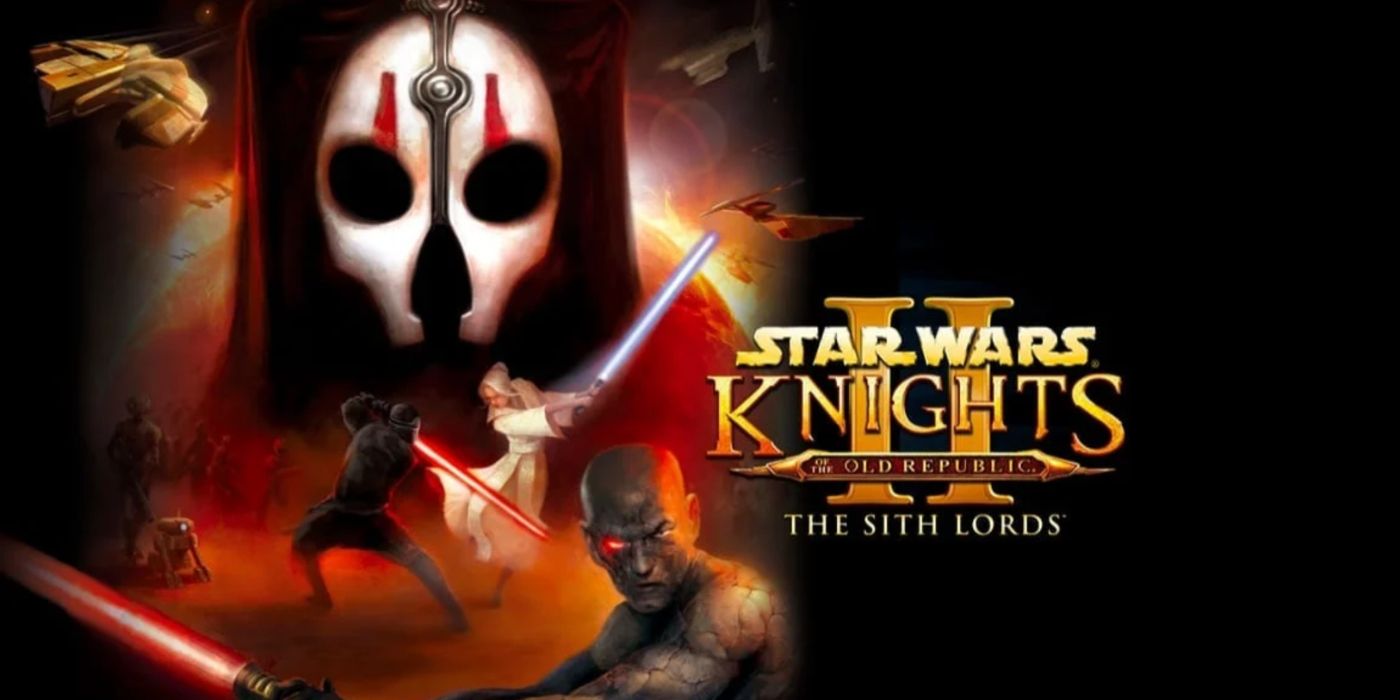
While BioWare went off to work on Mass Effect after the success of the original KotOR, Obsidian did an admirable job with the direct follow-up. Knights of the Old Republic II: The Sith Lords was similarly well-received for its Dungeons & Dragons-inspired mechanics, even though it didn't get too ambitious on top of them.
However, the story department excelled as well, with some fans even preferring it to the original. With another intriguing cast of diverse characters and compelling thematic exploration of the moral grays within the Force and the Jedi and Sith's place in the galaxy, KotOR II is sure to grip fans of the original just as much.
Dragon Age: Origins
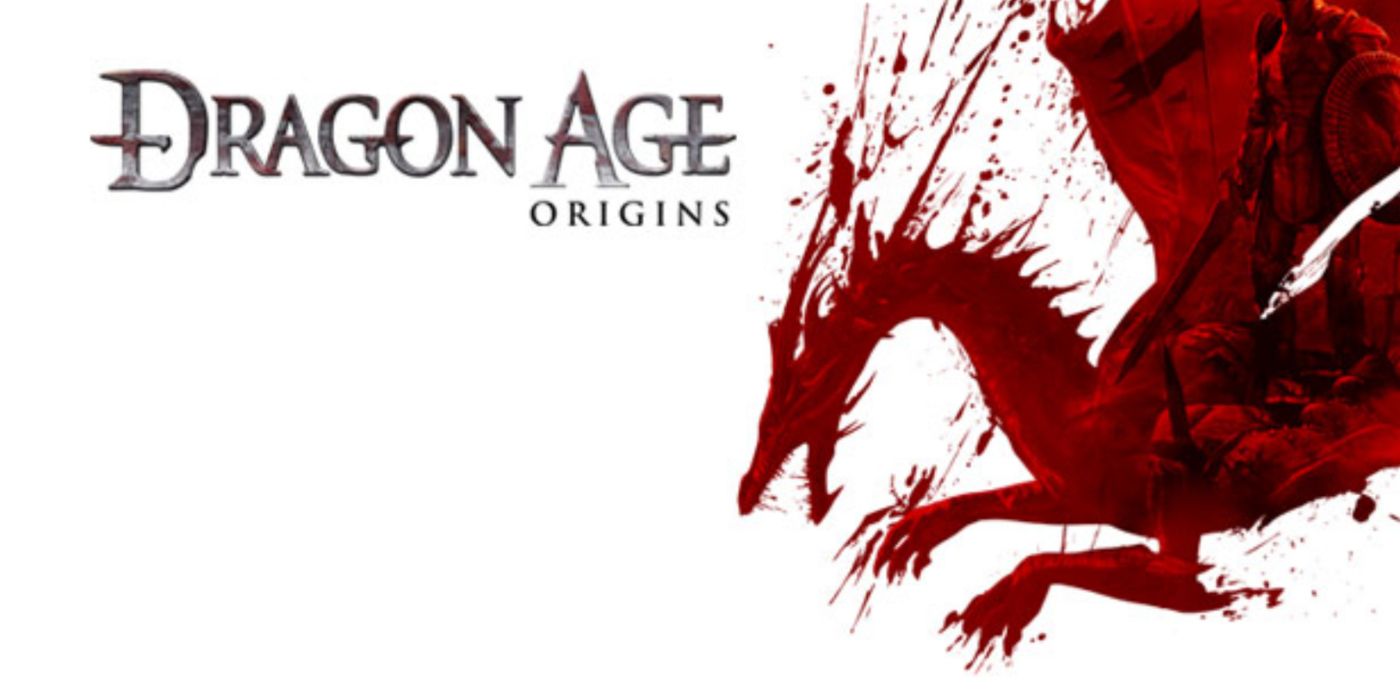
BioWare was firing on all cylinders in the 2000s, with Dragon Age: Origins often cited among fans as one of the developer's best works. The game began an original fantasy universe, tastefully combining the high fantasy elements of Lord of the Rings and the low/dark fantasy of A Song of Ice and Fire.
And the way that world incorporates the player and the party members they'll meet along the way and instrumental in how immersion is so effective in Dragon Age: Origins. Character-driven storytelling was a high point, with the detailed worldbuilding in the kingdom of Ferelden adding great additional depth to the overall experience.
Source:gamerant.com
